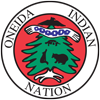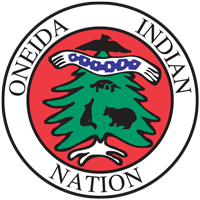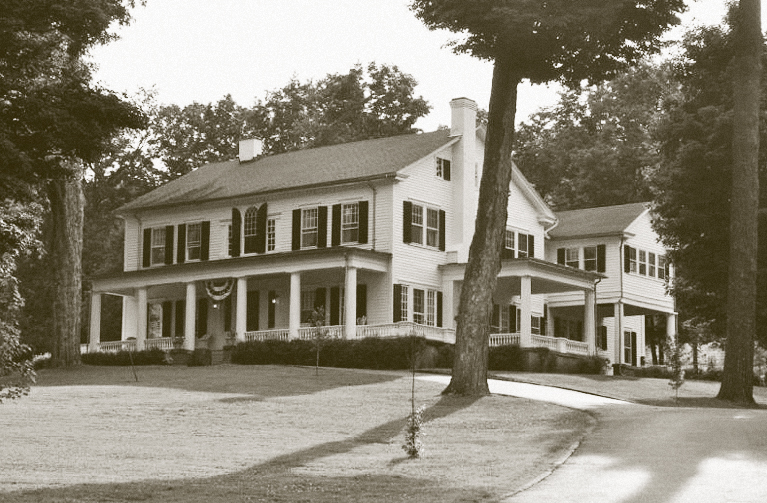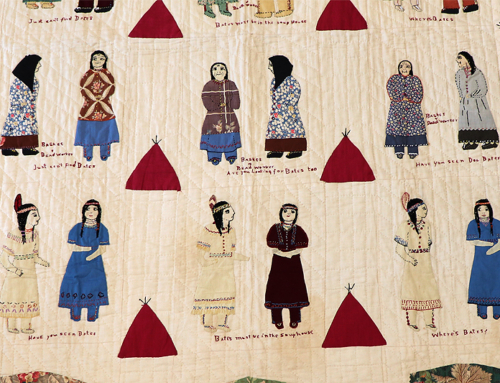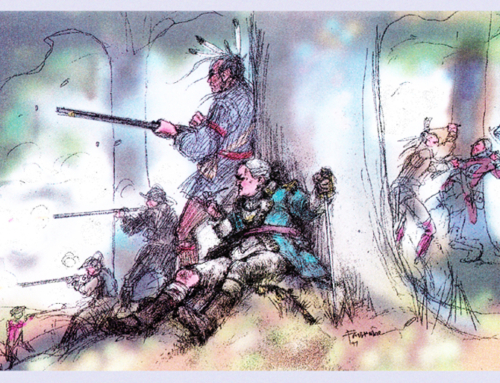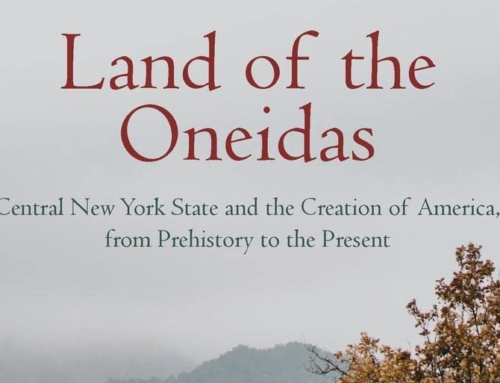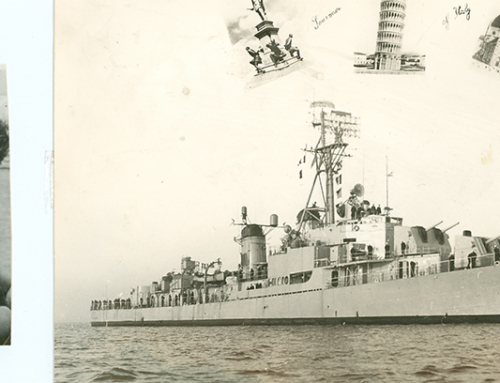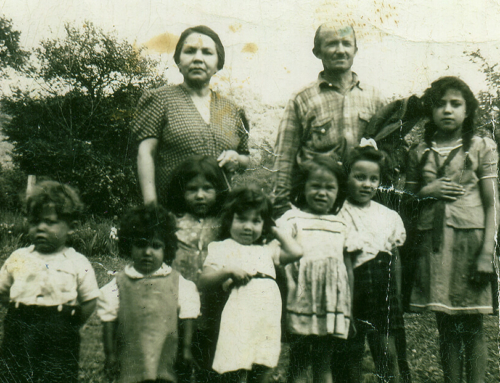This story originally appeared in The Oneida newsletter, issue 3, volume 12, April/May 2010
Approximately one-half mile from the site of the former Hamilton-Oneida Academy (which eventually became Hamilton College) sits a stately home that once welcomed Oneidas on a regular basis. The Harding Farm, as it is now known, is the home built in 1793 by the Rev. Samuel Kirkland, who founded the academy. Oneida Chief Shenendoah, Kirkland’s long-time friend, advised the missionary on the best placement for the home.
In the 1848 book, “The Life of Samuel Kirkland, Missionary to the Indians,” by the subject’s grandson, Samuel Kirkland Lothrop, the missionary’s open door policy to the Oneidas was discussed:
“… every year he [Kirkland] expended nearly all and some years more than all, his salary in gifts and hospitality to the Indians. His house was the constant resort of Indians from all the Six Nations in wanderings to and fro, and particularly of those on the territory of the Oneidas and in his immediate neighborhood. It was no unusual thing for him to furnish seventy, eighty, and sometimes even a hundred meals to Indians in the course of a single week. This was the custom and he could not break it.”
Today, the Harding Farm offers a different type of hospitality as it accommodates overnight guests and facilitates events. Apart from Kirkland’s former home, the area is ripe with additional palpable reminders of its Oneida connection.
Skenandoa House, a Hamilton College dormitory, was dedicated in memory of the Oneida Chief, Kirkland’s steadfast friend. Such was the friendship between the two men that Shenendoah requested to be buried alongside Kirkland “that I might cling to the skirts of his garments and go up with him at the great resurrection.”
The friends rest side by side in Hamilton College’s cemetery.
More on Kirkland
During the span of his life, Kirkland earned the respect of not only Shenendoah, but other Oneidas as well. Though charity and kindness he lived the Gospel he preached.
“Kirkland opened his larder and shared all he had, providing for the needy when he had little of his own, and enduring hunger pangs alongside the Oneida villagers. He collected clothing, household items, and farming and carpentry tools for all to use. And in times of hardship, he dipped into his own shallow pockets to buy clothing and blankets for desperate people.
“Having preached Christian charity, he could not behave contrarily toward his parishioners. ‘In such an Extremity, I apprehend no Christian spectator could stand unaffected,’ he explained to his sponsors back in New England. ‘It must move the most sturdy relentless heart to benevolence & charity,…even when I am destitute & in want myself. I have often borrowed, yea sometimes hired money to relieve Persons in such distressing circumstances,’ He concluded: ‘Now if some little Charities are not communicated in such cases of necessity, I don’t know how the credit of the Gospel can be maintained among them.’
“Kirkland aspired to live as an exemplar of Christian benevolence, and he succeeded. He accumulated almost nothing and spent his salary on foods for himself and the Oneidas. In days when communal responsibility and the concept of reciprocation seemed to be declining, and the European emphasis on individual acquisition increasing, the missionary’s daily actions constantly reminded his Indian friends of those critical cultural and religious values deeply embedded in their traditional belief system.”
Excerpt from “Forgotten Allies, The Oneida Indians and the American Revolution” by Joseph T. Glatthaar and James Kirby Martin.
